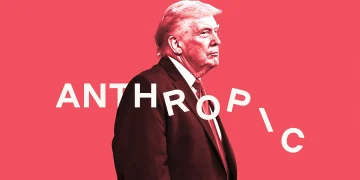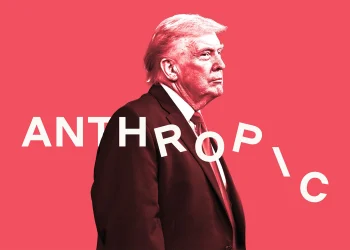First reported by Reuters, Microsoft has been working on integrating both internal and third-party artificial intelligence models into its flagship AI product, Microsoft 365 Copilot, to reduce reliance on OpenAI’s underlying technology, according to sources familiar with the initiative. This effort marks the latest strategy by Microsoft, which is a significant investor in OpenAI, to diversify its AI models and lower associated costs.
Moving Beyond OpenAI for 365 Copilot
This move by Microsoft aims to reduce its dependence on OpenAI, a shift from previous years when the tech giant emphasized its exclusive early access to OpenAI’s models. When Microsoft introduced 365 Copilot in March 2023, a key selling point was integrating OpenAI’s GPT-4 model into the product.
Microsoft’s focus is now on minimizing reliance on OpenAI, driven by concerns over cost and speed for enterprise users. The sources, who requested anonymity, discussed this internal strategy to enhance the product’s overall efficiency and scalability.
Microsoft’s Statement on AI Partnerships
A Microsoft spokesperson affirmed that OpenAI remains the company’s partner on cutting-edge models, referring to those as “frontier models.” The original agreement with OpenAI grants Microsoft the flexibility to customize OpenAI’s models for its purposes.
“We incorporate various models from OpenAI and Microsoft depending on the product and experience,” Microsoft stated. OpenAI declined to comment on the matter.
Microsoft’s Efforts to Build Smarter, Cost-Efficient Models
In addition to developing its own smaller models, such as the latest Phi-4, Microsoft is also working on customizing other open-weight models. These efforts are aimed at improving the performance of 365 Copilot, making it faster and more efficient, according to the sources.
The ultimate goal is to reduce costs associated with running 365 Copilot and potentially pass these savings on to end customers, one source noted. Microsoft’s leadership, including CEO Satya Nadella, is closely monitoring these developments.
Changing Approach Across Microsoft’s Business Units
This strategy reflects broader changes within other Microsoft business units. GitHub, which Microsoft acquired in 2018, added models from Anthropic and Google in October as alternatives to OpenAI’s GPT-4. Additionally, its revamped consumer chatbot, Copilot, launched in October, now utilizes both in-house models and OpenAI models.
Challenges and Adoption of Microsoft 365 Copilot
Microsoft 365 Copilot, which serves as an AI assistant integrated into Microsoft’s enterprise software like Word and PowerPoint, is still working to demonstrate its value and return on investment to enterprises. Microsoft has not disclosed specific sales figures for the product, and concerns about pricing and utility remain. According to a survey by research firm Gartner, most IT companies have not yet moved beyond the pilot stage with 365 Copilot.
Nevertheless, analysts from BNP Paribas Exane have observed a surge in adoption, predicting that Microsoft will sell over 10 million paid licenses for 365 Copilot this year. Additionally, Microsoft revealed in a November blog post that 70% of Fortune 500 companies are currently using 365 Copilot.















